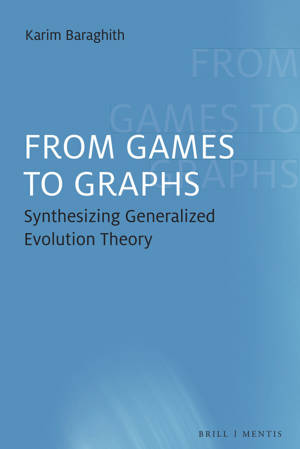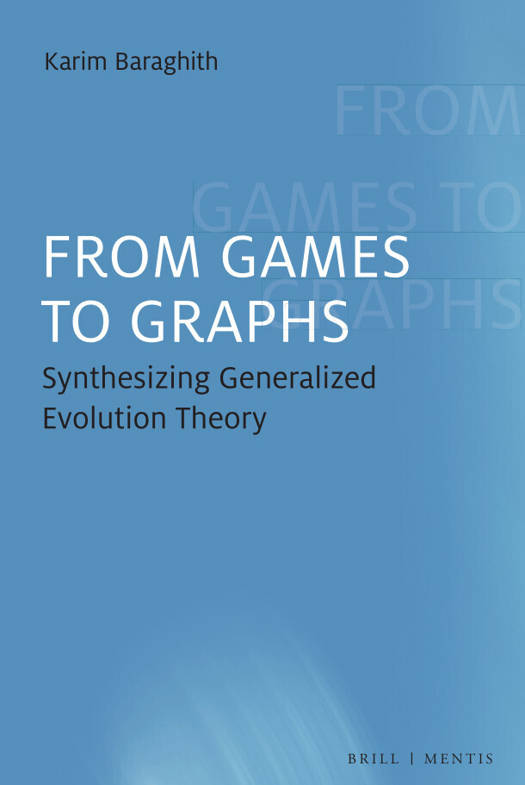
Bedankt voor het vertrouwen het afgelopen jaar! Om jou te bedanken bieden we GRATIS verzending (in België) aan op alles gedurende de hele maand januari.
- Afhalen na 1 uur in een winkel met voorraad
- In januari gratis thuislevering in België
- Ruim aanbod met 7 miljoen producten
Bedankt voor het vertrouwen het afgelopen jaar! Om jou te bedanken bieden we GRATIS verzending (in België) aan op alles gedurende de hele maand januari.
- Afhalen na 1 uur in een winkel met voorraad
- In januari gratis thuislevering in België
- Ruim aanbod met 7 miljoen producten
Zoeken
€ 201,95
+ 403 punten
Omschrijving
Do social systems evolve similarly to biological ones and societies similarly to organisms? For some time now, an interdisciplinary paradigm has been developing in this regard: the Generalized Evolution Theory. After pointing out differences between biological and cultural evolution, as well as different inheritance strategies, the book proposes a philosophy of science classification of the different approaches in this vast and ever-growing field of research. It leads from generalized microevolution to generalized macroevolution and to their synthesis. As evolution favors groups with high internal cohesion, it will also favor strategies and reward agents responsible for this cohesion. In the long run, generalized evolution selects those populations that exhibit a higher density of interaction.
Specificaties
Betrokkenen
- Auteur(s):
- Uitgeverij:
Inhoud
- Aantal bladzijden:
- 233
- Taal:
- Engels
Eigenschappen
- Productcode (EAN):
- 9783957432735
- Verschijningsdatum:
- 1/11/2022
- Uitvoering:
- Paperback
- Formaat:
- Trade paperback (VS)
- Afmetingen:
- 156 mm x 17 mm
- Gewicht:
- 4118 g

Alleen bij Standaard Boekhandel
+ 403 punten op je klantenkaart van Standaard Boekhandel
Beoordelingen
We publiceren alleen reviews die voldoen aan de voorwaarden voor reviews. Bekijk onze voorwaarden voor reviews.









